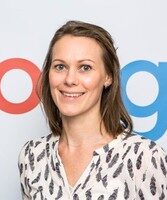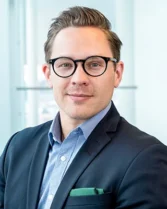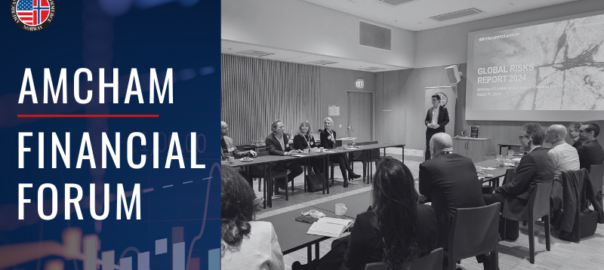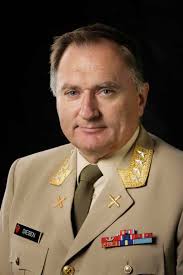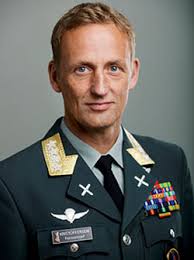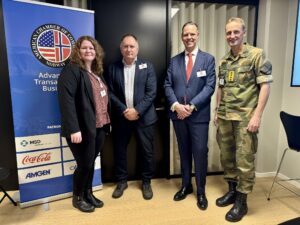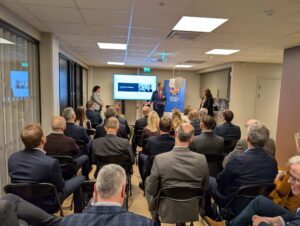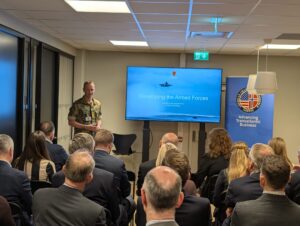Lars Hanseid har jobbet som leder i det globale konsernet 3M i over tre tiår. Fleksibilitet, eventyrlyst og høye ambisjoner har vært grunnpilarer for å lykkes. For andre som ønsker seg en internasjonal lederstilling råder han til å ta en større grad av risiko og ikke være redd for det ukjente.
Hanseids lange utenlandsopphold startet med ett år som utvekslingsstudent i USA siste år på videregående skole. Deretter fullførte han to år på Telemark Ingeniørskole og militærtjenesten i Norge, men oppholdet i USA ga mersmak. Veien videre ble en mastergrad i finans ved Michigan State University.
– Jeg ble trigget av min far, som var i handelsflåten som sjømann og reiste rundt. En gang iblant fikk jeg være med. Når man har fått sett verden rundt på den måten, ble jeg inspirert til å dra ut selv, først som student og deretter i jobbsammenheng.
Må tørre å hoppe i det ukjente
I etterkant av studiet ble Hanseid ansatt av 3M Company, som i 2023 var blant de ti største konglomeratene i verden, med over 85 000 ansatte. Han jobbet på det norske kontoret i to år, før han ble spurt om å lære opp teamet i Ungarn i 1991, som på den tiden var et nytt marked for selskapet.
Les hele artiklen her.




